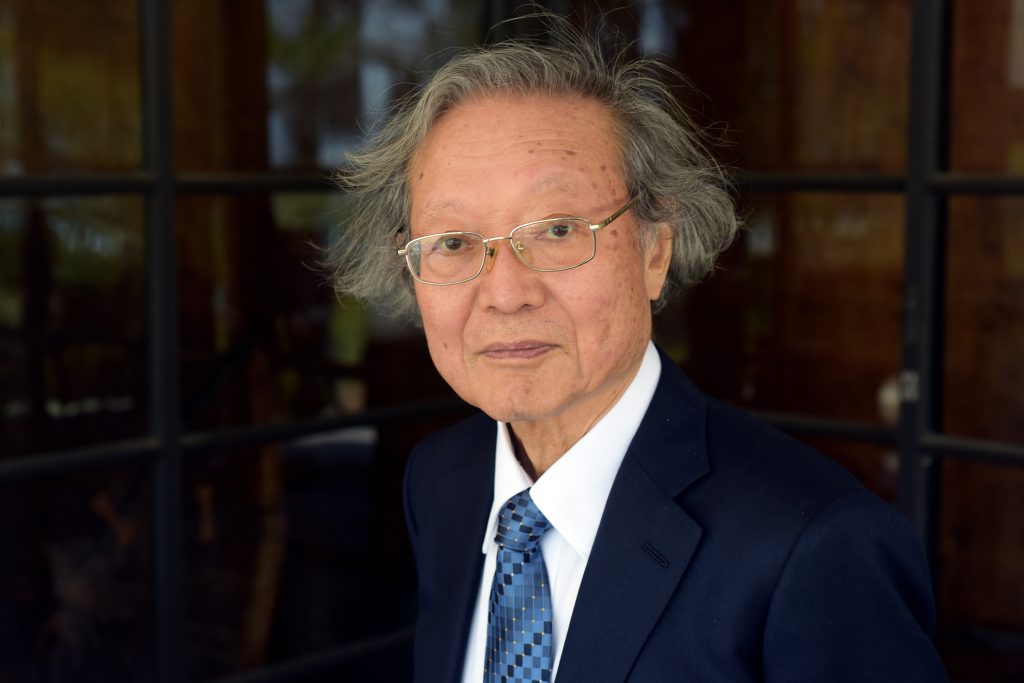
The Norwegian Academy of Science and Letters has decided to award the Abel Prize 2025 to Professor Masaki Kashiwara at Research Institute for Mathematical Sciences (RIMS), Kyoto University, Japan, and Kyoto University Institute for Advanced Study (KUIAS), Kyoto University, Japan.
Masaki Kashiwara has during more than half a century in mathematics opened the door to a new mathematical field. He has built bridges and created tools. He has proven astonishing theorems with methods no one had imagined. He has been a true mathematical visionary.
Like Niels Henrik Abel (1802-1829) himself, Masaki Kashiwara (b.1947) showed excellence already when very young. He remembers his love of algebra being kindled at school by a problem called Tsurukamezan, about calculating the numbers of cranes and turtles, respectively, from knowing the total numbers of heads and legs. He loved being able to generalise a method to solve any problem. From there on he has continued to find new approaches and create new methods to solve mathematical problems throughout his astonishing mathematical life.
At the University of Tokyo, he first encountered his mentor Mikio Sato (1928–2023), by enrolling for his senior year seminar. Sato had founded a new field – algebraic analysis – and in 1970 Kashiwara completed his Master’s thesis under his supervision. This thesis established the foundations of D-Module Theory, a new basis for studying systems of linear differential equations with algebraic analysis, when Kashiwara was just 23. For the next 25 years this thesis remained only available in Japanese, but it continued to have such great impact and influence, that it was eventually translated to English.
Broad spectrum of mathematics
With his Master’s thesis as a starting point, Kashiwara continued his remarkable mathematical career with new and groundbreaking discoveries and solutions. His numerous achievements have exerted great influence on various fields of mathematics and contributed strongly to their development. Over the years many mathematicians have been inspired through Kashiwara’s ideas.
While still a graduate student, Kashiwara travelled to France with Sato and fellow mathematician Takahiro Kawai, where he met his lifelong collaborator, Pierre Schapira. After completing his Ph.D. at Kyoto University in 1974, Kashiwara was appointed Associate Professor at Nagoya University. In 1977 he went as a researcher to MIT, before returning to Japan in 1978, where he has remained ever since at the Research Institute for Mathematical Sciences (RIMS), Kyoto University. He became Professor Emeritus following his retirement in 2010 and has continued his research as Project Professor at RIMS. He has also served as Program-Specific Professor since 2019 at the Kyoto University Institute for Advanced Study (KUIAS), specially established as a hub for the world’s most advanced research.
